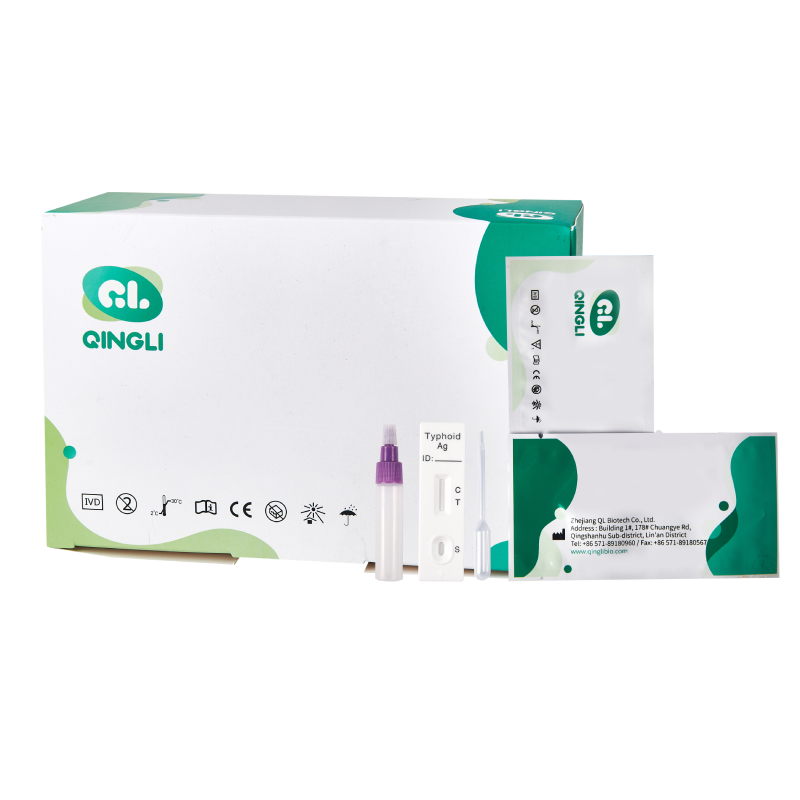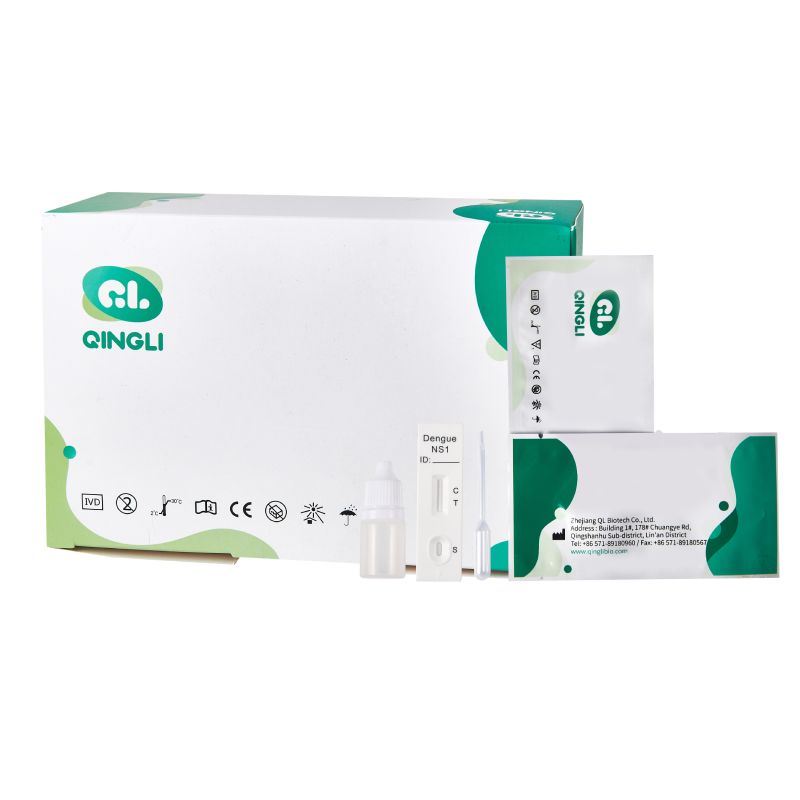How can I get a malaria test?
Introduction to Malaria Rapid Test Devices
● The Critical Role of Rapid Testing in Malaria Detection
Malaria continues to be a formidable challenge in many parts of the world. The disease, transmitted through the bite of infected Anopheles mosquitoes, can lead to severe health complications and even death. Rapid and accurate detection of malaria is crucial for effective treatment and control. Malaria Test devices, including the Malaria P.f. Rapid Test Device/Strip, have emerged as vital tools in the quest to manage and eradicate this disease. These devices offer quick results, enabling timely treatment and reducing the risk of severe disease progression.
● Overview of the Malaria P.f. Rapid Test Device/Strip
The Malaria P.f. Rapid Test Device/Strip is designed for the qualitative detection of antigens specific to Plasmodium falciparum in human blood. It provides a straightforward yet effective means of diagnosis, particularly in resource-limited settings where access to sophisticated laboratory equipment may be restricted. The rapid test offers healthcare professionals the capability to administer treatment swiftly based on immediate results, thus playing a critical role in saving lives.
Understanding Plasmodium Species
● Plasmodium falciparum and vivax: Key Differences
Malaria is caused by several species of the Plasmodium parasite, of which Plasmodium falciparum and Plasmodium vivax are the most prevalent. P. falciparum is known for causing the most severe form of malaria, often resulting in high mortality rates if not promptly treated. In contrast, P. vivax, though less deadly, can lead to recurring infections due to its dormant liver stage. Understanding these differences is essential for accurate diagnosis and treatment, underscoring the importance of advanced Malaria Test options that can distinguish between these species.
● Impact of Different Plasmodium Species on Malaria
The impact of malaria varies significantly depending on the Plasmodium species involved. P. falciparum is notorious for causing cerebral malaria, which can lead to severe neurological complications and death. In contrast, P. vivax is characterized by its ability to cause relapses, making eradication efforts more challenging. Rapid diagnostic tools, such as the Malaria P.f./P.v. Rapid Test Device, have been developed to accurately identify multiple species, facilitating appropriate treatment strategies.
Types of Malaria Test Devices
● Features of Malaria P.f. Rapid Test Device/Strip
The Malaria P.f. Rapid Test Device/Strip is engineered to provide reliable, quick results, making it indispensable in malaria-endemic regions. It utilizes immunochromatography to detect the presence of P. falciparum antigens in blood samples. This test's simplicity and efficiency have made it a crucial component in addressing the global malaria burden, positioning it as a preferred choice among healthcare providers and Malaria Test suppliers.
● Comparison with Malaria P.f./P.v. Rapid Test Device
While the Malaria P.f. Rapid Test focuses exclusively on P. falciparum, the Malaria P.f./P.v. Rapid Test Device expands its capabilities to detect both P. falciparum and P. vivax. This dual functionality is particularly advantageous in regions where multiple species coexist, offering a comprehensive diagnostic solution. The availability of these diverse testing options underscores the importance of innovation in the Malaria Test manufacturing industry.
Components of Rapid Test Kits
● Essential Components in Malaria Test Kits
A typical Malaria Test kit comprises several key components: the test device or strip, a dropper for sample collection, and a buffer solution to facilitate the reaction. Each component plays a vital role in ensuring the accuracy and reliability of the test, highlighting the precision required in the manufacturing process.
● Role of Each Component: Test Devices, Droppers, Buffer
The test devices or strips contain specific antibodies that bind to malaria antigens in the blood, triggering a color change indicative of a positive result. The droppers ensure precise sample collection, while the buffer solution maintains the optimal environment for the reaction to occur. The meticulous design and quality control involved in producing these components are a testament to the expertise and dedication of Malaria Test manufacturers.
Operational Guidelines for Test Devices
● Step-by-Step Usage of Malaria P.f./P.v. Rapid Test Device
Using the Malaria P.f./P.v. Rapid Test Device is a relatively straightforward process, but attention to detail is critical for accurate results. The test begins with the collection of a blood sample using the provided dropper. The sample is then applied to the designated area on the test strip, followed by the addition of the buffer solution. Results are typically available within 15-20 minutes, allowing healthcare providers to make informed treatment decisions promptly.
● Importance of Room Temperature Equilibration
One of the critical factors in obtaining accurate test results is ensuring that the test kit and samples are at room temperature before use. This step prevents potential discrepancies in the reaction and ensures that the test functions optimally. Malaria Test suppliers emphasize this requirement to maintain the integrity of the testing process.
Interpreting Test Results Accurately
● Reading and Understanding Test Results
Interpreting the results of a Malaria Test requires careful observation. A visible line in the test area indicates a positive result, while the absence of a line suggests a negative result. However, the presence of a control line is essential to validate the test's accuracy. Malaria Test manufacturers provide detailed instructions to ensure that users can interpret results correctly, minimizing the risk of misdiagnosis.
● Importance of Timing in Result Interpretation
The timing of result interpretation is crucial in obtaining reliable outcomes. Reading the results too early or too late can lead to false interpretations. Healthcare providers must adhere to the recommended time frame, as specified by the Malaria Test factory guidelines, to ensure the accuracy of the diagnosis.
Storage and Preservation of Test Kits
● Recommended Storage Conditions for Test Kits
Proper storage of Malaria Test kits is vital for maintaining their efficacy. These kits should be stored within a specific temperature range, away from direct sunlight and moisture. Malaria Test suppliers provide clear guidelines on storage conditions to prevent degradation and ensure the longevity of the test kits.
● Impact of Improper Storage on Test Reliability
Improper storage can compromise the reliability of Malaria Test kits, leading to inaccurate results. Factors such as temperature fluctuations and exposure to humidity can affect the performance of the test components. It is imperative that healthcare facilities and Malaria Test suppliers adhere to recommended storage protocols to safeguard the integrity of the tests.
Advantages of Rapid Testing Methods
● Benefits of Rapid Testing Devices in Malaria Control
Rapid Malaria Test devices have revolutionized malaria control efforts by providing timely and accurate diagnoses. These tests enable healthcare providers to administer treatment promptly, reducing the risk of severe complications and transmission. The widespread availability of these tests, through Malaria Test wholesale channels, has made them accessible to communities worldwide, contributing significantly to global malaria eradication efforts.
● Comparing Rapid Tests with Traditional Diagnostic Methods
Traditional malaria diagnostic methods, such as microscopy, require specialized equipment and trained personnel, making them less feasible in remote areas. In contrast, rapid tests offer a cost-effective and straightforward alternative, making them indispensable tools for healthcare providers and Malaria Test factories committed to combating malaria globally.
Limitations and Challenges
● Potential Challenges in Rapid Test Usage
Despite their advantages, rapid Malaria Tests are not without challenges. Issues such as false positives or negatives can occur, particularly when tests are not conducted or interpreted correctly. Malaria Test manufacturers continually strive to improve test accuracy and develop guidelines to mitigate these challenges.
● Addressing False Positives or Negatives
To address the issue of false results, Malaria Test suppliers emphasize the importance of training healthcare providers in proper test administration and interpretation. Ongoing research and development efforts focus on enhancing test sensitivity and specificity, ensuring that rapid tests remain reliable tools in malaria diagnosis and management.
Future Prospects in Malaria Testing
● Innovations in Rapid Test Technologies
The future of malaria testing is promising, with ongoing innovations aimed at enhancing the accuracy and convenience of rapid tests. Emerging technologies, such as more sensitive antigen detection methods and digital readout capabilities, are poised to transform the landscape of malaria diagnostics. Malaria Test manufacturers are at the forefront of these advancements, driving progress in the fight against malaria.
● Potential Developments in Malaria Diagnostics
As research in malaria diagnostics progresses, there is potential for the development of multiplex tests capable of detecting multiple infectious diseases simultaneously. Such advancements would not only streamline the diagnostic process but also optimize resource utilization in healthcare settings. Malaria Test suppliers are actively exploring these possibilities, contributing to a future where malaria and other infectious diseases can be managed more effectively.
Conclusion: The Role of QL biotech in Advancing Malaria Testing
Zhejiang QL Biotech Co., Ltd is a leader in the production and research of diagnostic reagents, with over 20 years of experience in the IVD industry. Their comprehensive portfolio includes infectious disease, cardiac marker, DOA, and tumor marker products. QL Biotech's commitment to quality, integrity, and innovation positions them as a trusted Malaria Test manufacturer and supplier. Their expertise and dedication to advancing diagnostic solutions continue to make a significant impact in the field of malaria testing and beyond.







